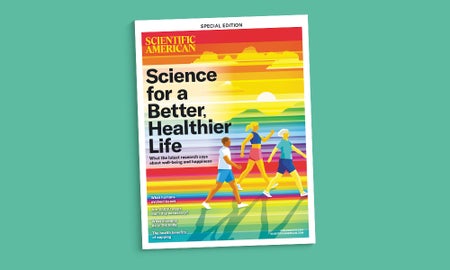
Science for True Well-Being
The latest research is an antidote to toxic quackery and honest confusion about health

Science for True Well-Being
The latest research is an antidote to toxic quackery and honest confusion about health

How Humor Takes the Edge off Hard Times
When life feels difficult, humor can be a coping mechanism that relieves stress and offers the breathing room to keep going, scientists say

Read all the stories you want.

How to Calm Your Election Anxiety
People are really stressed about the U.S. presidential election. A psychiatrist offers several self-help methods to reduce feelings of despair
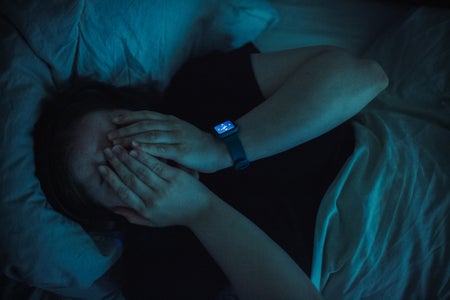
If Political Stress Is Giving You ‘Electsomnia,’ Experts Have Sleep Tips
Scientific American staff and sleep experts share advice on how to get better sleep in the stressful days leading up to the U.S. presidential election—and those that come after
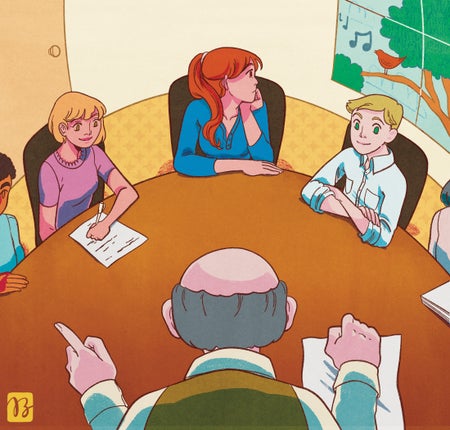
Kids with ADHD May Still Have Symptoms as Adults
Fortunately, recognition and treatment of attention deficit hyperactivity disorder in grown-ups are getting better
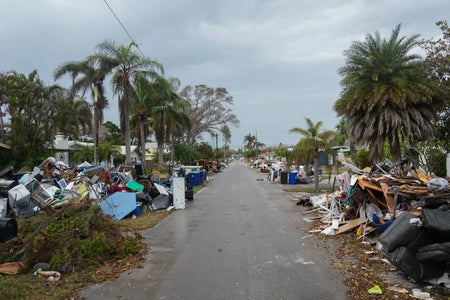
Hurricane Evacuations Are Becoming More Challenging—Physically and Psychologically
As Hurricane Milton approaches Florida, people in recently storm-stricken areas grapple with the physical and mental health tolls of evacuating and seeking shelter

New Treatments Address Addiction alongside Trauma
A new generation of treatments addresses the trauma that often underlies addiction

Doctors Should Offer ‘Social Prescribing’ to Patients
“Prescribing” community resources and activities, like art classes and cycling groups, can improve our health and our health care
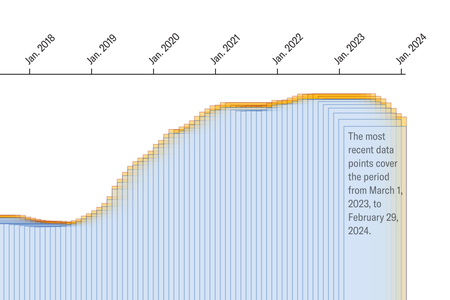
Overdose Deaths Are Finally Starting to Decline. Here’s Why.
Opioid overdoses have fallen since their pandemic peak, according to new data from the past few months

How Role-Playing a Sorceress Released My Inner Badass
Thousands of people around the world do live-action role-playing to learn and change themselves. I am one of them
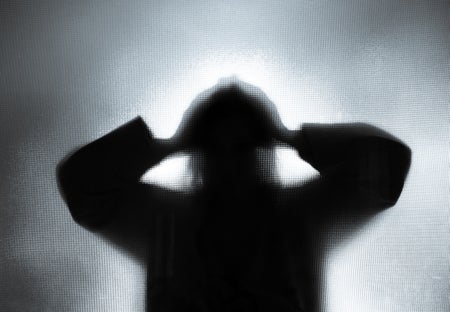
PMDD Is a Menstrual Disorder Much More Severe than PMS
Premenstrual dysphoric disorder is a condition triggered by hormonal changes that can cause severe symptoms such as despair and suicidal thoughts
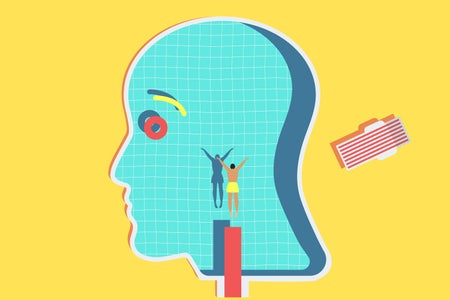
Summertime Sadness Could Be a Type of Seasonal Affective Disorder
Heat and mood are closely linked, which may explain summertime depression—and how to treat it